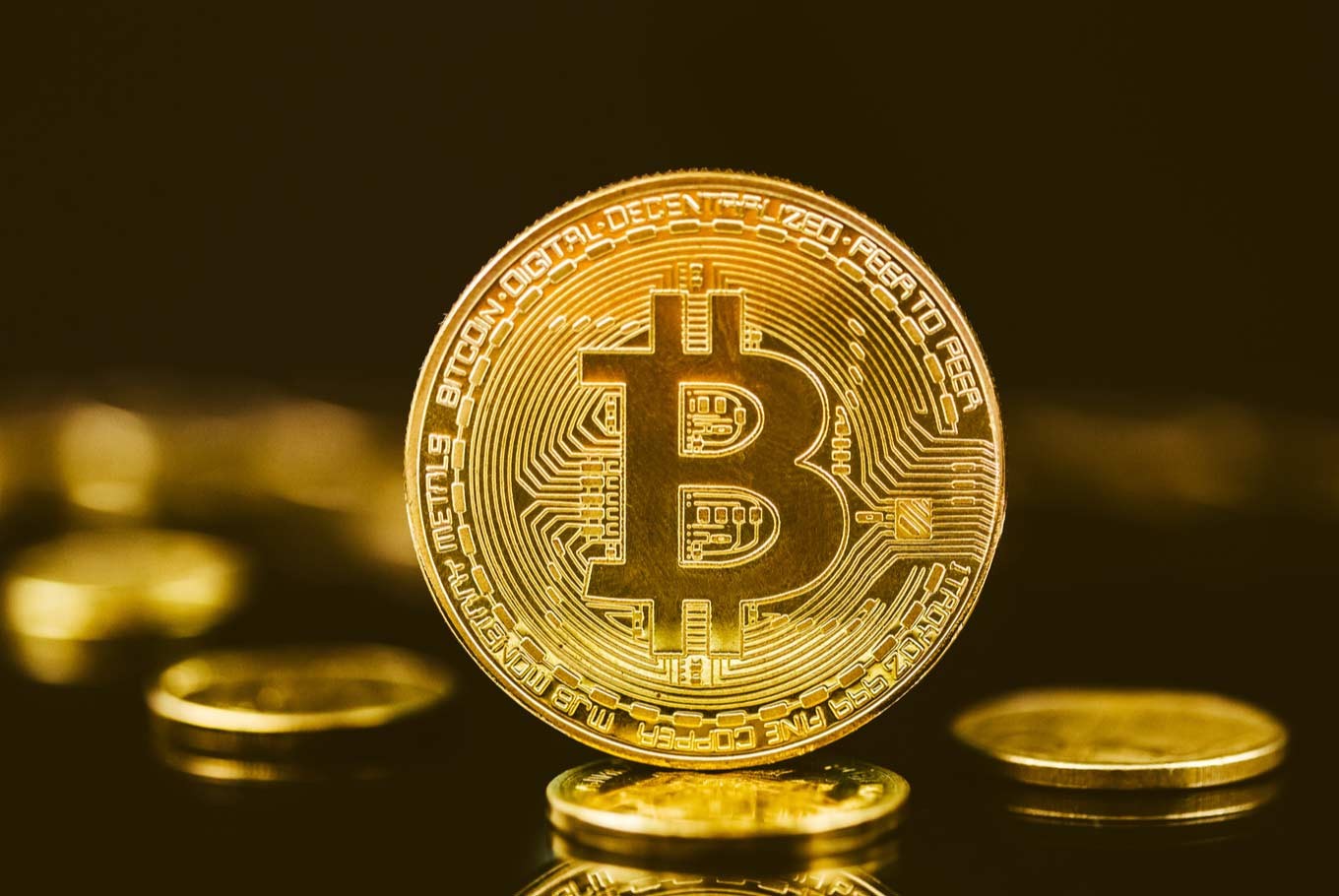Authorities tighten grip on cryptocurrencies
BI study found 6.5 million crypto investors
Change Size

A
s cryptocurrencies become ever more popular in Indonesia, authorities have begun taking more stringent measures to control the digital assets, but experts say these moves have not dulled investors’ appetites and that crypto has a viable future in the country.
Bank Indonesia (BI) Governor Perry Warjiyo has said several times this year that regulations prohibit the use of cryptocurrencies for payment in Indonesia, as the country does not recognize virtual currencies as legal tender. The law only permits the buying and selling of cryptocurrencies as tradeable assets.
The Indonesian Ulema Council (MUI) announced a similar stance on Nov. 12 but added that it considered investing in cryptocurrency without underlying assets haram, likening the activity to gambling.
“The growing euphoria over crypto has made BI and MUI even more uneasy, as if crypto might someday beat the rupiah. This has led to a fear that it could disrupt banks, as if all funds would run to crypto,” said Ibrahim, director of futures firm Garuda Berjangka, on Monday.
BI and MUI, he suggested, hoped their positions would slow down the crypto trend as regulators had yet to embrace digital assets.
Read also: Indonesia Ulema Council forbids cryptocurrency trading
A BI financial stability study conducted in the first half of the year estimated that some 6.5 million crypto investors were operating in June 2021, exceeding stock investors, who numbered some 2.4 million.
The study also highlighted several risks related to cryptocurrencies, such as price volatility, credit crunches and loan defaults. Some Indonesians take out loans to leverage their cryptocurrency positions.
In February, BI announced that it was developing a central bank digital currency (CBDC) as a compromise between addressing crypto-related concerns and embracing blockchain technology.
BI Deputy Governor Yudha Agung told House of Representatives lawmakers in November that the CBDC was "our attempt to fight crypto”, claiming people would be more trusting of a digital currency issued by a central bank.
Central Capital Futures analyst Wahyu Tri Laksono said investors had been largely unmoved by the authorities' efforts to control the digital assets, as there was relatively little the government could do to control crypto transactions.
“Investors are free to direct their money and the government cannot constrain it,” he said on Monday.
Crypto exchange platform Tokocrypto has reported a jump in crypto trading volumes from an average of US$2 million a day in 2019 and 2020 to around $100 million a day in the fourth quarter of this year, kompas.id reported.
Alongside rising investor appetite, more homegrown cryptocurrencies have entered the market, such as Tokocrypto’s Toko Token (TKO), Indodax-Tokenomy’s Tadpole (TAD), Zipmex’s ZMT and BOTX Technology Indonesia’s botXcoin (BOTX).
Sinar Mas Financial Group-backed investment app Nanovest recently launched Nanobyte (NBT) coins, and the homegrown Indonesia Digital Cooperatives (IDM) cryptocoin made its debut in Singapore’s crypto exchange in late October. Deputy Trade Minister Jerry Sambuaga openly promoted the IDM.
“These prove that we are not just a target market or users,” said Wahyu.
Read also: Indonesia now has more crypto investors than stock market investors
Crypto credence
The Trade Ministry’s Commodity Futures Trading Regulatory Agency (Bappebti) said in April that it would take cryptocurrency trading a step further by creating a domestic crypto exchange, slated to become operational by the end of the year. The agency is currently screening candidates to serve as commissioners and directors of the exchange.
The Indonesia Commodity and Derivatives Exchange (ICDX) and PT Indonesia Clearing House (HCI) are among the private companies applying to host the exchange, but regulators are also considering establishing a specialized state-owned company.
Garuda Berjangka’s Ibrahim said a crypto exchange could help clear a path for Indonesia to embrace cryptocurrency, as there would be a clear authority overseeing trading.
The exchange would also enable the government to collect more tax and nontax revenue from such trading, which is currently only possible if people report gains on their annual tax returns (SPT).
“It’s true there has been a lot of commotion about crypto this year, but once a crypto exchange is launched, it can be settled,” said Ibrahim.
Lamon Rutten, president director at ICDX, told The Jakarta Post in October that a domestic crypto exchange would allow for the trading of crypto futures, whose prices would be much more stable than spot prices, potentially attracting investors with lower risk appetites.
A crypto exchange would also allow institutional investors to hold the assets in their portfolios, as they are only permitted to invest through regulated entities.
“[Cryptocurrency trading] will be normalized, like what we have right now [with stocks]. People are probably more familiar with the stock exchange,” Lamon said.









